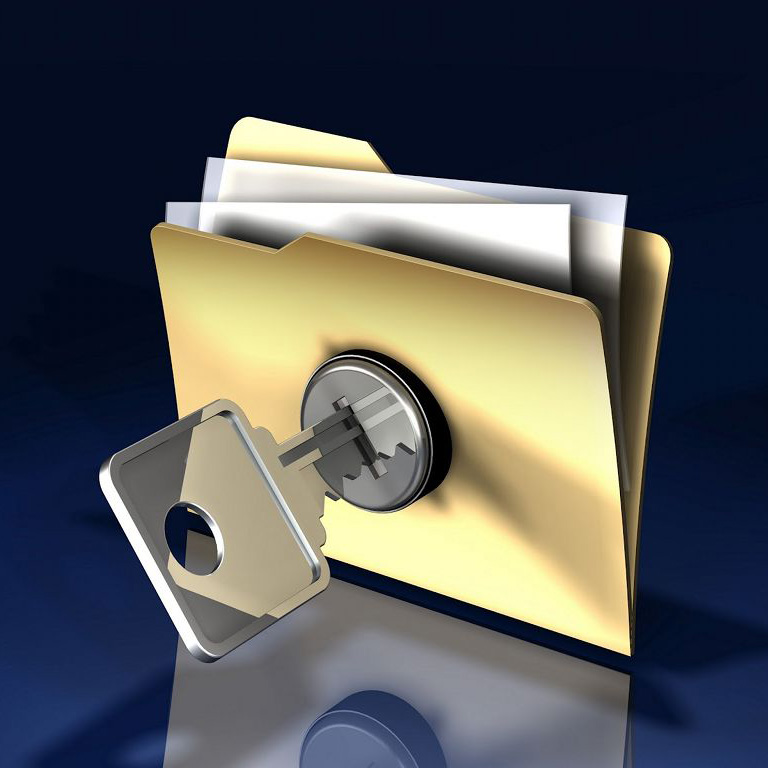Maintaining compliance is an essential part of running a nonprofit organization. Whether it's adhering to state fundraising regulations or filing the correct forms with the IRS, nonprofit leaders have a lot of regulatory requirements to keep track of. Fortunately, technology can help streamline compliance efforts and make it easier for organizations to stay on top of their obligations.
Document Management Systems
One of the most important tools for nonprofit compliance is a document management system. This technology allows organizations to store and organize all the documents they need to maintain compliance, from tax forms to fundraising reports. With a document management system, nonprofit leaders can easily access the information they need when they need it, without having to dig through filing cabinets or shuffle through piles of paper.
Compliance Tracking Software
Another important technology for nonprofit compliance is compliance tracking software. This type of software can help organizations keep track of deadlines for filing regulatory forms, as well as monitor their compliance with specific regulations. With compliance tracking software, nonprofit leaders can set up alerts and notifications to remind them of upcoming deadlines or compliance requirements, so they can take action before it's too late.
Accounting Software
Accounting software is also essential for nonprofit compliance. This type of software can help organizations track their finances, create financial reports, and prepare tax forms. With accounting software, nonprofit leaders can easily monitor their financial activity and ensure that they're in compliance with tax laws and regulations.
Online Fundraising Platforms
Many nonprofits rely on fundraising to support their mission, but fundraising can also create compliance challenges. Online fundraising platforms can help organizations ensure that they're following state fundraising regulations, by providing tools for collecting donations and managing donor information. With an online fundraising platform, nonprofit leaders can easily track their fundraising activity, monitor their compliance with regulations, and make sure that they're collecting donations in a secure and transparent manner.
Security and Privacy Tools
Finally, security and privacy tools are critical for nonprofit compliance. Nonprofit organizations are responsible for protecting sensitive donor information, such as names, addresses, and credit card numbers. With security and privacy tools, nonprofit leaders can ensure that their systems are secure and that their donor data is protected. This can include tools like two-factor authentication, encryption, and secure data storage.
In conclusion, technology can play a vital role in nonprofit compliance efforts. From document management systems to security tools, there are a wide range of technologies that can help organizations stay on top of their regulatory requirements.
However, it's important to note that these tools should not be seen as a replacement for human expertise. Nonprofit organizations that are struggling to navigate the complex web of regulatory requirements should consider consulting with charity compliance professionals (like ourselves!). We can provide guidance on regulatory compliance, assist with document preparation and submission, and help ensure that the organization is in full compliance with all applicable regulations.
By investing in the right tools and professionals, nonprofit leaders can streamline their compliance efforts, reduce the risk of regulatory violations, and focus on achieving their mission.



